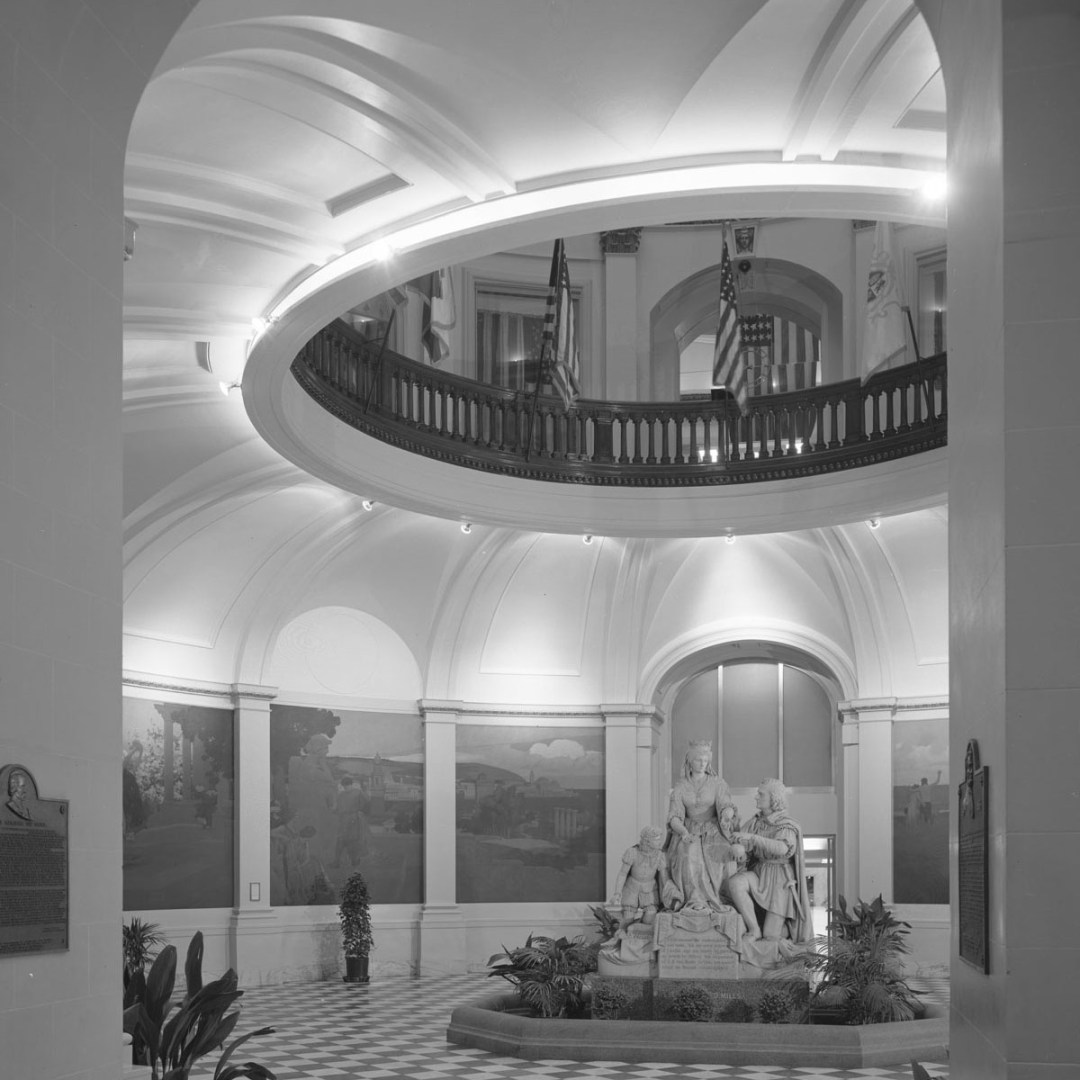Legislative History & Intent
Get a Quote!About
- We strive to provide the most in depth and thoughtful legislative and intent research service commercially available.
- We research from a lawyer’s perspective, focusing on substantively useful documents.
- We compile reports in a manner that minimizes the time you must spend understanding the substantive history.
- We pre-screen the documents to eliminate those clearly not substantively useful and eliminate duplicate documents.
- We can provide a brief abstract to orient you with the collection of documents we forward but our philosophy is to organize the documents in a manner that allows the documents to speak for themselves.
- We present the documents in a manner that leads you quickly and logically to a full understanding of how the legislative history interacts with your circumstances.
Our authenticated format simplifies the steps you must take to get the report judicially noticed. All printed and bound reports contain a brief discussion of the basic authorities pertinent to requesting judicial notice. More comprehensive discussion of legal authorities is available at this web site, and we welcome questions by telephone, fax or e-mail.
Our goal is to provide the best possible legislative research service in the most cost-effective manner.
Legislative History & Intent provides research services on the history and intent of California and Federal law, in addition to special projects involving local ordinances and other laws and regulations. Once we know the parameters of your project, we can provide a quote. Our goal is to provide the most cost-effective option to get the research you need when you need it.
Here is a rough estimate of our research fees, based on your deadline, ranging from four weeks to same-day.
California Code of Regulations
California Regulations are often researched in a two-step process, due to the lack of control we have over access to documents within agency rulemaking files.
Step One:
We gather all readily available materials. This process typically takes 2-4 business days, depending on the topic and scope. As our report on Step One typically will arrive in your office before we have invested much time in Step Two, you may terminate the project after step one is completed if you already have sufficient information for your purposes.
Step Two:
We obtain access to the agency rulemaking file, which in some cases may only take a couple days, but in other cases may take weeks. Price per rulemaking file for step two, again depends on the topic and scope. You also should keep in mind that agency rulemaking files are often very voluminous, so photocopy expense can be a significant additional expense.

California Rules of Court
California Rules of Professional Conduct
Nature of the Research Relationship
We provide research services for projects as defined by each client. Within the scope of each defined project we endeavor to find and provide all relevant publicly available documents without regard to the interpretative goal of the client. No attorney-client relationship is created when we undertake our research, and we remain at all times available to do similar research for other requesting parties, as they define their project. However, we consider our research confidential and do not divulge any information about a project to any third party without client consent. It is further our opinion that our work for individual clients is protected as work product to the extent it involves custom research on a project defined by the client.


Scope of the research
In general the search will focus on documentary sources of information. To the extent recordings are available we can arrange for copies to be forwarded, or to have transcripts created, but those services are not ordinarily anticipated or included in our fee quotes.
Transcripts/
Recordings of Proceedings
for California Legislation
Prior to the mid 1960’s the California legislature regularly conducted hearings on particular subject matters in the interim period between sessions. These hearings generally addressed broader policy areas rather than the subject matter of specific bills. We always endeavor to identify and include provisions of any interim hearing transcript that is pertinent to the subject matter of our research.
In recent decades individual committees have sporadically recorded, and in some cases transcribed committee proceedings. In addition a select few committee, and many floor proceedings since the early 1990’s are available on videotape. Beginning in the 2003-2004 session an effort has been made to record almost all legislative proceedings in either audio or video format, although the effort is informal rather than mandated by legislative rules and procedures. These recordings available in all media are uniformly difficult and time consuming to access.
In the vast majority of cases the comments on a particular bill at these proceedings are simplistic and general broad policy statements rather than the more detailed discussion found in the documentary history of the bill. Therefore our reports are generally compiled using documentary sources only. However if you would like to supplement the documentary history with a search for recorded proceedings applicable to the bill, please let us know and we’ll endeavor to retrieve them.


Delivery and Binding Options
For our initial report, the default option is PDF delivered electronically. Other options could include fax or express delivery of hard copy upon request. We recommend you review our initial report before making a decision on what to authenticate and the format for authentication. For authenticated reports, the default option is a declaration with documents you seek to authenticate attached in pdf format delivered electronically. We can also forward this declaration in hard copy by Fed-Ex.
Please let us know if you would prefer to use your firm’s Fed-Ex account number for any Fed-Ex delivery. Our default binding format for hard copy of paper documents is plastic binding, as it is compact and easy to work with, yet is still permanent, which simplifies authentication for judicial notice purposes. However, if you would prefer an unbound report, we will be happy to accommodate your preference.